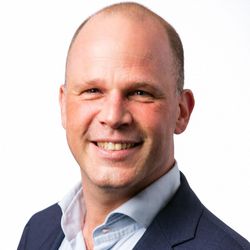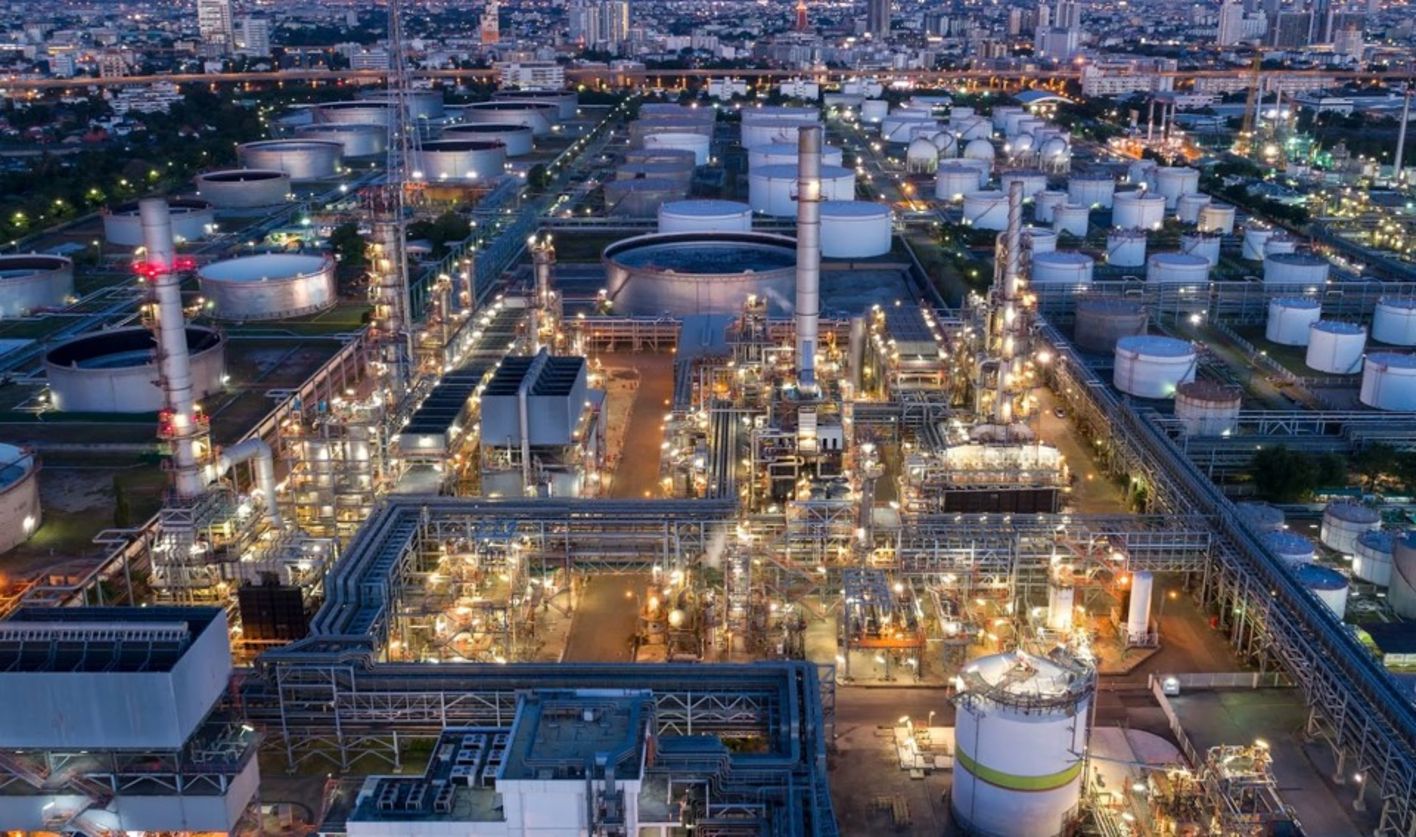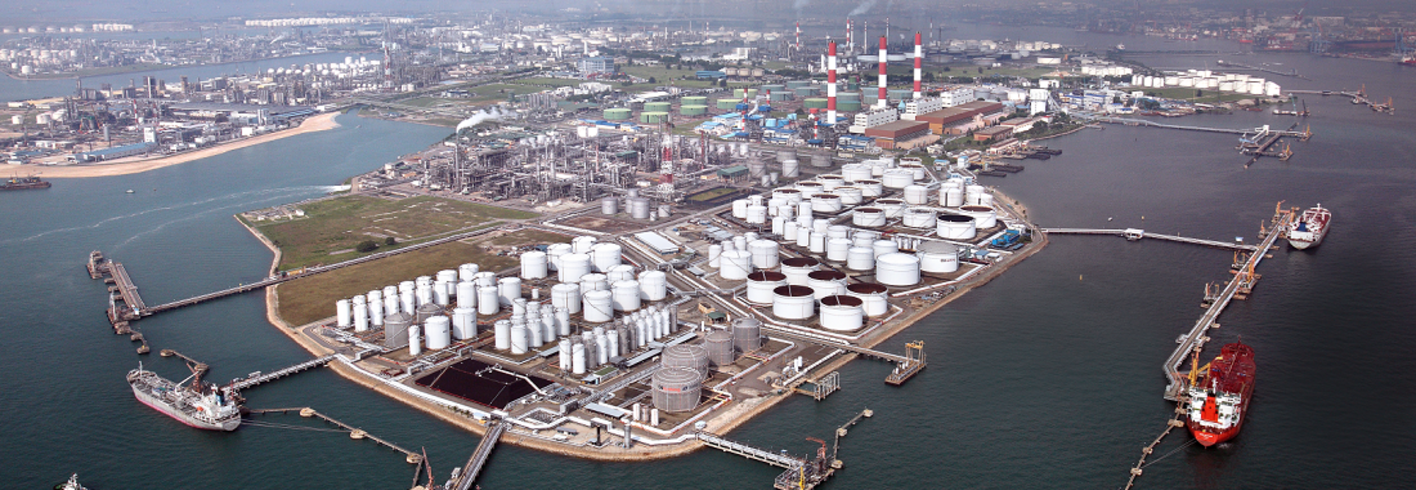Published on 23 September 2021
Results of Jurong Island circularity study presented
The results of the first circular economy study on Jurong Island, an energy and chemicals park in Singapore, have been presented by JTC, Witteveen+Bos and Metabolic.
The two-year-long Jurong Island Circular Economy (JICE) Study – led by JTC, Singapore’s leading industrial developer – explored how resources can be used as optimally and circularly as possible to transform Jurong Island into a sustainable energy and chemicals park, in line with the Singapore Green Plan 2030. During the closing event on 19 August 2021, the results were presented by JTC, together with Witteveen+Bos and Metabolic, to the participating companies and agencies.
The JICE study gathered and analysed data on energy, water and chemical waste from 51 companies – including Chevron, ExxonMobil and Shell – to identify potential synergies which could reduce the use of resources at a system level. The project’s aim was to optimise resources and improve sustainability in the long term. Leading experts described this in-depth approach as a new standard for circularity analyses of business parks and regions.
An integrated ecosystem approach for the energy and chemicals industry is not a new concept for Jurong Island. Companies located on the island are closely linked via pipelines which facilitate the transport and exchange of materials – for example, the supply of raw materials or utilities from one company to another. Companies also share infrastructure and facilities including combined heat and power plants, storage facilities, and terminals and jetties. This enables them to benefit from the advantages of a larger scale and to use the available resources more efficiently. The JICE study’s aim was to take this further: continue optimising resources and reuse by-products in the most efficient way possible.
The launch of the study in 2019 was a milestone, because JICE goes further than the efforts of individual companies. It explores how businesses across the island can create new opportunities to combine forces, share resources and reduce their use, and recover more resources from waste for reuse. The study was supported by various Singapore government agencies, including the Agency for Science, Technology and Research (A*STAR), the Economic Development Board (EDB), the Energy Market Authority (EMA), the National Environment Agency (NEA), and the National Water Agency (PUB).
Findings
The study showed that several clear opportunities exist for greater collaboration which can help transform Jurong Island into a sustainable energy and chemicals park. These include:
- Greater use of cleaner energy and exploration of new technologies. The generation of solar energy on the island could be scaled up, while a smart grid or network of smart grids on the island could help coordinate the generation of conventional and renewable energy to optimise the energy supply. Innovation and R&D projects for cleaner energy technologies could also help reduce the island's total carbon footprint.
- Maximise water recycling and recovery. To limit the loss of water through evaporation during cooling processes, companies could explore the possibilities of a closed fresh water cooling network in which seawater is used for indirect cooling. Companies could also investigate whether their liquid residual flows could be processed in a centralised recovery facility for aggregation, which would enable them to benefit from economies of scale and would promote further recycling. The possibility of using energy-efficient water recycling technologies to reduce water consumption across the island could also be looked into.
- More sustainable recovery and treatment of chemical waste. The recovery of resources or energy from companies’ residual flows is worth exploring further. By working together with research organisations to develop and test more sustainable technologies for waste processing and recovery, opportunities could be created to improve sustainability.
While the study identified opportunities in the areas of clean energy use, water recycling and recovery, and the sustainable recovery and treatment of chemical waste, it also shed light on the challenges faced in implementing the circularity solutions:
- Some clean energy technologies have not yet reached the level of maturity needed for deployment and would require further R&D;
- Water recycling technologies tend to be energy-intensive, making it important that options for improving their energy performance be investigated;
- There is a need for further development of more efficient technologies to treat and recover resources from chemical waste.
To better address these challenges, two innovation calls for sustainable solutions on Jurong Island were announced by JTC and the supporting government agencies, bringing together industry, technology partners, academia, and government agencies to develop and test new sustainability solutions on Jurong Island for the first time. Jurong Island will serve as a living testbed for innovation and a model for the adoption of sustainable technology.
The first innovation call, the Jurong Island Innovation Challenge (JIIC), was launched on 19 August 2021 and will crowdsource innovative ideas from start-ups and small and medium enterprises to enhance the sustainability and circularity of resources. Further details on JIIC can be found on www.jurongislandinnovationchallenge.sg.
The second innovation call, Jurong Island Renewable Energy Request-for-Proposals (JI Renewable Energy RFP), which is scheduled to launch in October, will focus on testing innovative energy solutions such as renewable energy and energy storage systems to reduce the island’s carbon footprint. More details will be shared closer to the launch date.
For more information, visit the JTC website www.jtc.gov.sg or contact our Jaïr Smits (managing director, Singapore) or Arjen van Nieuwenhuijzen (project manager).
Share this press release
More information?

Jaïr Smits


